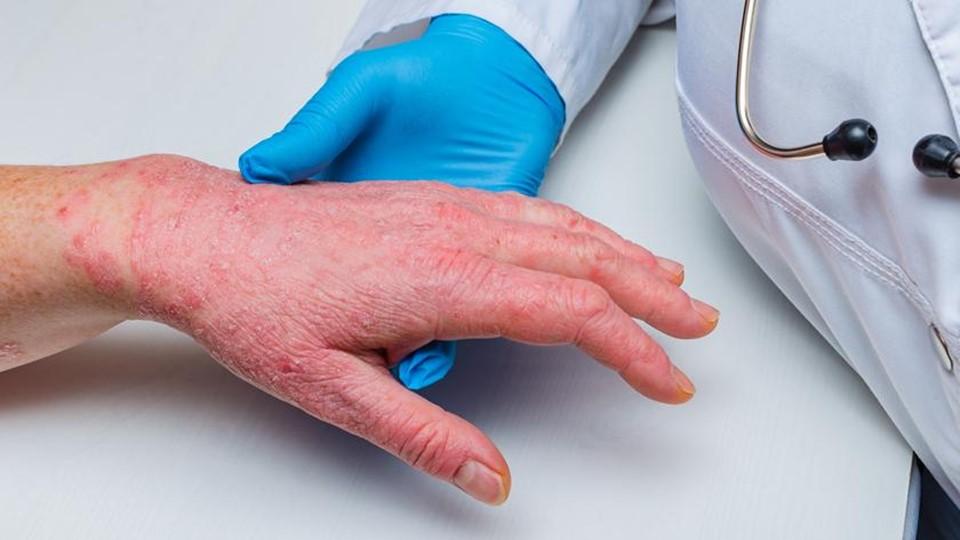LEO launches chronic hand eczema drug in its first market

Germany has become the debut market for LEO Pharma's Anzupgo, the first topical treatment specifically approved for chronic hand eczema (CHE).
The launch of pan-JAK inhibitor Anzupgo (delgocitinib) comes after the European Commission approved the drug last month and provides a new option for an estimated 3.9 million people in Germany living with CHE.
Denmark-based LEO's head of global product strategy and international operations, Becki Morison, said that the launch "is hopefully the first of many for Anzupgo in the coming months and years ahead, and we are prepared and excited to bring this treatment to more patients."
LEO has previously said it expects Anzupgo to be a major revenue growth driver from 2025, as well as a key part of its effort to pay down debt and return to profitability, after making a loss for the last few years.
A spokesman for LEO told pharmaphorum that the list price in Germany is €953.25 including VAT for a 20mg/g tube of Anzupgo cream, and the next launch market will be Denmark "shortly." Subsequent market launch timings will be announced at a later stage, he added.
CHE is a form of dermatitis, causing symptoms like itch, cracking skin, and pain, and has been linked to a loss of integrity in the skin's barrier function, inflammation, and changes to the skin's microbiome.
It is the most common inflammatory skin disorder of the hands, with a one-year prevalence rate of approximately 9%, and is considered chronic if it lasts for more than three months or relapses twice or more often per year. Standard topical therapies like emollients and corticosteroids are often ineffective in CHE, while too much use of steroids can thin the skin, eventually making symptoms worse.
Anzupgo's approval was based on the results of two phase 3 trials – DELTA 1 and DELTA 2 – which showed that the drug was better at alleviating itch and pain symptoms than placebo, measured using the Hand Eczema Severity Index (HECSI) scale.
More severe cases of CHE are also sometimes treated with oral retinoid drug alitretinoin, but that drug is associated with side effects like nausea and vomiting and its use is limited to patients unresponsive to topical corticosteroids because it carries a risk of birth defects if taken in pregnancy.
LEO has also completed a head-to-head trial of Anzupgo and oral alitretinoin, DELTA FORCE, which showed that its drug was more effective at reducing HECSI scores over 12 weeks of treatment.
A recent survey conducted in the UK found that seven out of 10 patients felt that CHE had affected their existing relationships or ability to build new ones, while a similar proportion said it was affecting their current work or education.
Delgocitinib was licensed from Japan Tobacco in 2014, with LEO picking up exclusive rights to dermatology applications of the drug outside Japan. The company is also developing it for other uses, including alopecia, dry eye disease such as Sjogren's syndrome, and some forms of psoriasis.
LEO filed for approval of delgocitinib for CHE with the FDA in September, setting up a possible US launch next year.











